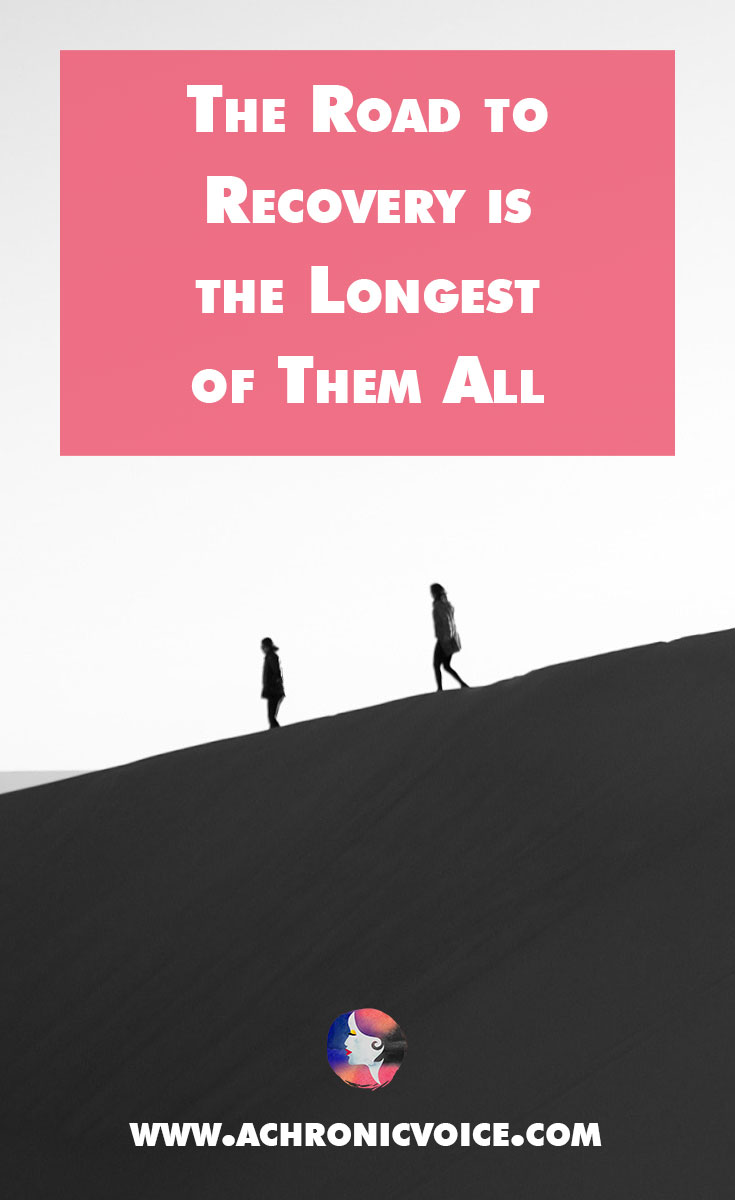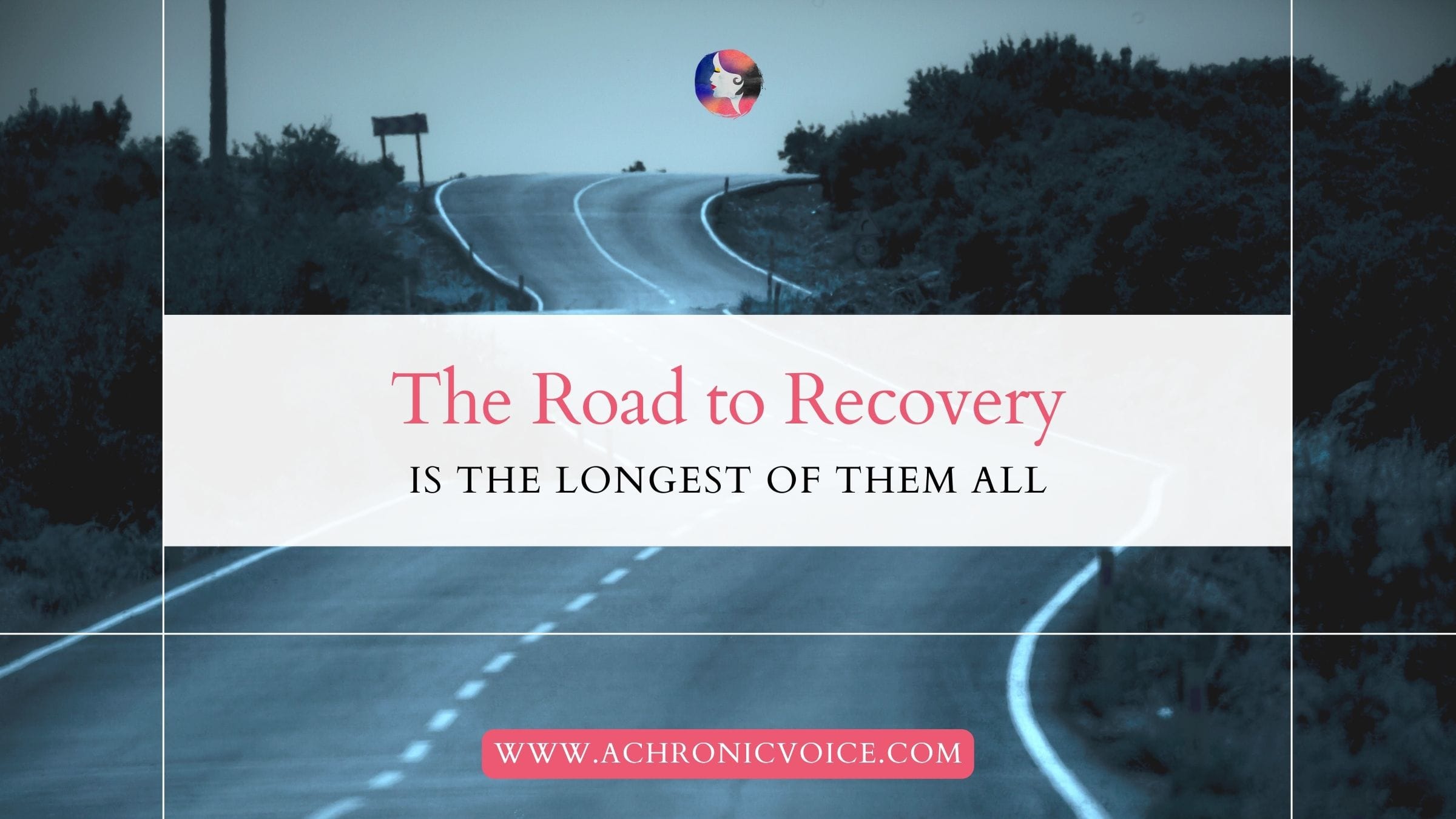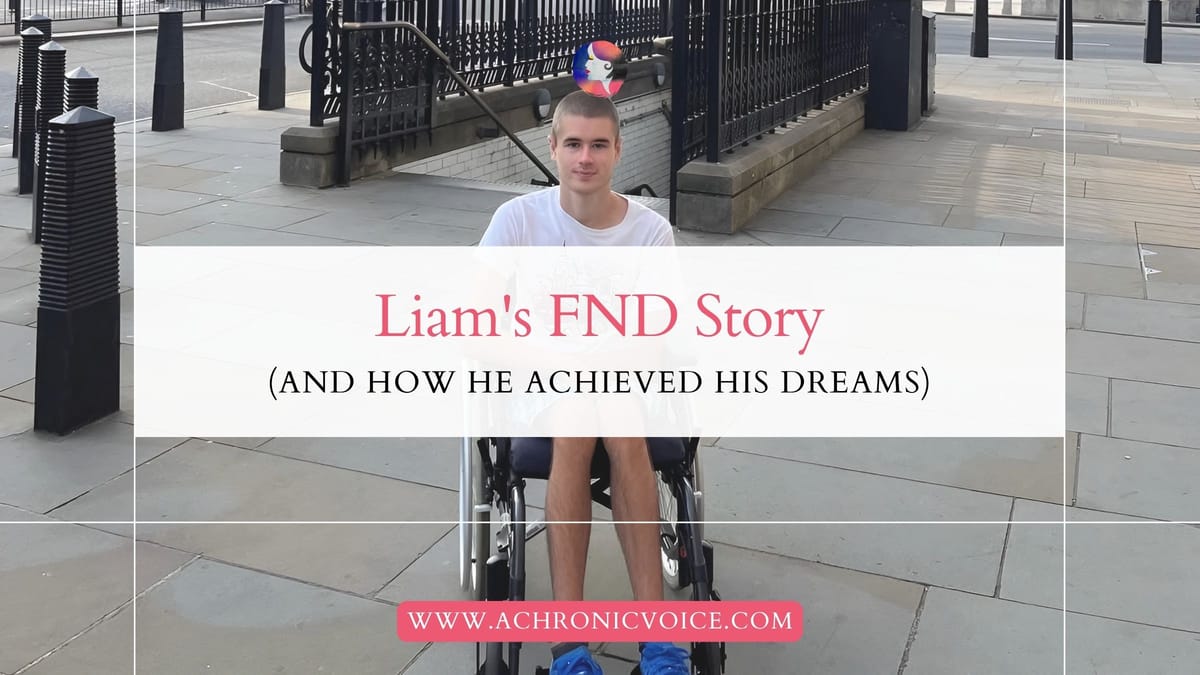The Road to Recovery After My Near-Death Experience with Pulmonary Embolism & DVTs
As you may know, one of the deadly autoimmune diseases that I live with is Antiphospholipid Syndrome. It tends to hum along in the background most days, but when it strikes, it aims for the kill.
That was what happened when I suffered a pulmonary embolism and multiple DVTs. The pain was so intense that I even wondered if that was what hell would feel like. Surprisingly, however, from the moment the incident happened (and forever changed my life) to being discharged, I found the road to recovery the longest and most arduous of them all.
*Disclaimer: This article is meant for educational purposes, and is based on my personal experiences as a patient. I am not a doctor, and nothing in this article should be substituted for medical advice. Please consult your own doctor before changing or adding any new treatment protocols. This post may also contain affiliate links. It will cost you nothing to click on them. I will get a small referral fee from purchases you make, which helps with the maintenance of this blog. Read our Privacy Policy page for more information. Thank you!
Pin to Your Healing & Recovery Boards:

A Battered Up Body After the Near-Death Incident
A fever raged on for a month, despite taking the highest dosage of panadol (paracetamol) the whole time. I wasn’t able to walk, much less shower, although that is the last thing on your mind when consumed with pain. The first shower I had after a month was pure bliss, and is something I now consider as a little luxury for the day.
It is surprising how fast body parts waste away if not put to use on a daily basis. My legs had become foreign objects after being bedridden for 2 months. My mind would say 'walk' and they would try, but after some wobbling, I'd collapse in a heap of frustration. I had to be in a wheelchair for another few months, as my legs were just not strong enough to support my entire body weight yet.
My lungs were fragile cocoons, deflated balloons that needed pumping back into shape. I had to blow into a tube every day to expand them, and I wish I had tried harder. Up to this day, all I have to do is take a deep breath. The dull ache where my lung has died is an instant trigger of this period in my life. Every breath taken to live is a reminder of death, which isn't that bad of a thing.
I would think that everyone around me was glad that I had made it through. All I had to do now was focus on regaining my health, right? But the thing is, your body weakens for good whenever it experiences such trauma. It will never regain maximum capacity. Offhand remarks like 'what doesn't kill you makes you stronger' feels myopic.
The Darkness on the Road to Recovery
To my own surprise, I found the road to recovery the hardest period of all. The amount of mental support you need is more than ever before. It was during this time that I grew heavy with depression, and started bawling in the arms of sympathetic nurses, declaring that I had had enough.
You float alone in a dark space. Neither in a state of torture where you are doing something - fighting against pain; nor are you in a state of wellness, absorbed in the motions of life. You are clinging onto a driftwood floating towards an island. Whilst you are not in any imminent danger, you are not free to move within your element either.
What Helped Me Through the Darkness on the Road to Recovery
Half day leaves beyond the confinements of the hospital were wonderful. I remember just how good it felt to be wheeled home and showered by my mum. An aimless drive proved incredibly therapeutic. Normal life felt like a holiday!
There were no smartphones then, so I whiled my time away reading, writing and playing sudoku. Whilst I appreciated the good intentions, visitors felt a little overwhelming at times. It felt like hosting in your pyjamas while sick, with no say as to who your guests will be, or when they will arrive.
Conclusion: The Road to Recovery Can be the Toughest Part After a Medical Incident
In conclusion, what I wanted to highlight is the fact that the recovery journey isn't a piece of cake. In fact, it can be just as tough as the danger period, but in a different way. Moral support is still of crucial importance, if not more so. Should any deep psychological problems or suicidal thoughts occur, they would probably surface now.
Know that you aren't alone on the road to recovery - there are many others out there who are on similar journeys. There are also people out there – whether family, friends or chronically ill friends on the internet – who would be happy to provide support, in whatever form you need. Wishing you all the best on your own recovery journey!






Comments Archives:
Comments imported from previous WordPress site.-
Shruti Chopra
-
Sheryl Chan
-
Dwayne
-
Sheryl Chan
-
Juliette Brewster
-
Sheryl Chan
-
kok weng
-
Sheryl Chan
Start a new conversation in the Member Comments below!And recovery period not done right can give you such setbacks that it feels like twice the mental work to try again.
Exactly, Shruti. It takes a huge collaborative effort on the part of doctors, nurses, caregivers and the patient. And also, there is no one single way to recovering 🙂
Really powerful stuff. I can relate to the bedridden bit when i fractured my spine. Defo gonna follow your blog. I advocate using exercise as a means of medicine and ive realise that not alot of people know really simple stuff can be really powerful stuff. Thanks for sharing.
Thank you for taking the time to read and comment. I hope your spine has healed up properly now without causing too much pain!
Someone who understands! Thank you .
You’re welcome. I wish you well 🙂
Tq for your frank and personal sharing.I am requesting God to minister to you in these recovery stage.
Hi Kok Weng, thank you for your concern and taking the time to read.